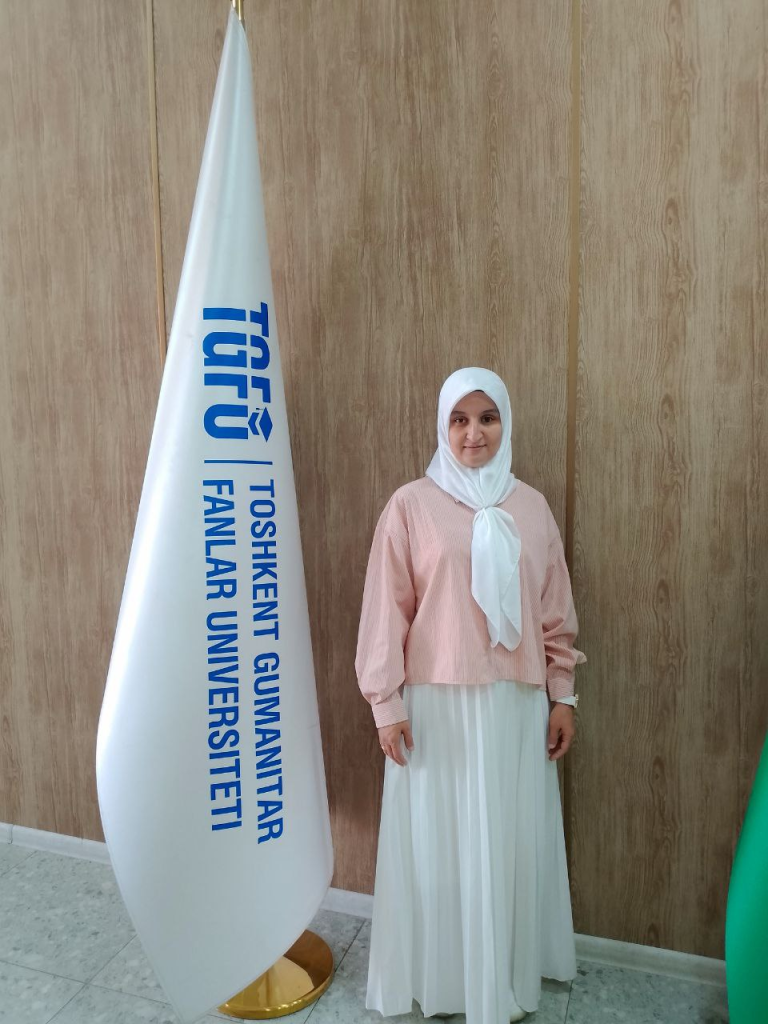
“The Clinging Bird” Novel in the Eyes of Uzbek Readers
Abstract: The Clinging Bird is a priceless work that has gained wide popularity not only among the Turkish people but also across the world. The development of its plot, the lives of its characters, and the depiction of social relationships are presented in an impressively emotional way, making it a unique novel that can captivate readers of all ages. This article reflects on the events and characters in the story, as well as the interpretation of its moral conclusions.
Keywords: The Clinging Bird, Kamran, Feride, author, unique, novel, work
One of the leading figures in Turkish literature and a spiritual successor of progressive Turkish thinkers, Reşat Nuri Güntekin, is the author of The Clinging Bird (Çalıkuşu) — a novel that equally captivates readers of all generations. The novel vividly portrays how a person can stay strong and resilient through both good and bad times, the importance of love for the homeland, parents, partners, and family, as well as deep human values. The main essence of The Clinging Bird is as follows:
Main Character – Feride:
Feride, the central figure of the novel, loses her parents at an early age and faces many difficulties. She grows up in the care of her grandmother and aunts and attends a French boarding school. At the threshold of adulthood, a sudden betrayal from someone close causes her to leave home. She begins working as a teacher, meeting many people, influencing their lives, and ultimately transforming her own.
Theme of Love:
The novel focuses heavily on the love between Feride and Kamran. Their relationship explores emotions such as love, separation, sorrow, and hope.
Social Life Scenes:
The novel reflects the lifestyle, traditions, struggles, and transformations of early 20th-century Turkish society. Events during World War I are also depicted.
Hardships and Struggles:
Feride faces many life challenges — loneliness, social pressure, and romantic struggles — but she perseveres and continues with her life.
Additionally, the novel reveals the place of women in Turkish society at the time, the dynamics between men and women, and the clash between traditional values and modernity. A distinctive feature of the novel is its strong female protagonist, vivid portrayal of various Turkish regions, emphasis on education, loyalty, forgiveness, and the tension between old and new values. It deeply explores honesty, patience, and humanity.
The novel appeals to readers of all ages, serving as an example and inspiration. Its events are depicted in such a way that they encompass education, culture, human interactions, social challenges, forgiveness, and emotional resilience — all in one narrative.
The Clinging Bird has been translated into many languages. In Uzbek, it was translated by Mirzakalon Ismoiliy, and the novel has been published multiple times in Uzbek. Written in 1922, the book has won the hearts of readers across the world and has been adapted into several films and TV series. The 2013 television adaptation of The Clinging Bird gained significant popularity. However, the novel remains especially beloved by its devoted readers in its original literary form.
The Clinging Bird, a masterpiece of Turkish literature, can be considered an inspiring and spiritually rich treasure trove that continues to influence writers. It is a deeply meaningful, culturally valuable work that meets the highest artistic standards.
Conclusion:
In conclusion, this beautiful and vivid novel, full of literary richness, problems and resolutions, emotional sincerity, and colorful imagery, is a valuable guide for life. Especially in today’s era of rapid technological advancement, it provides youth with practical lessons and experiences that can be applied in real life.
The Clinging Bird is a deep and touching novel that encompasses various aspects of human life — love, family, social issues, and the fight against adversity.
Yuldasheva Xadichaxon Bahodir qizi was born on January 8, 1993, in Tashkent. Several of her scientific articles and poems have been published in international journals. She is a winner of various competitions held at the national and district levels and a participant in international anthologies. A passionate admirer of literature, science, and art, she was the winner of the “Woman of the Year – 2024” district stage in the nomination “Best Creative Woman of the Year.” She is also a participant in the forum “Best Scientific Researchers of the Year.” Currently, she is a 3rd-year student at the Tashkent University of Humanities.
